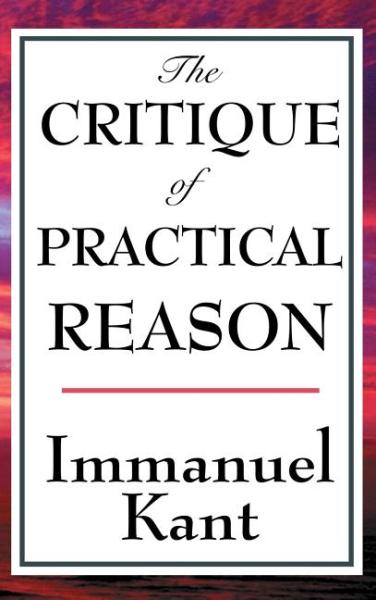Description
The Critique of Practical Reason is the second of Immanuel Kant's three critiques and it deals with Kant's own moral philosophy and his views on free will. A masterpiece of philosophical writing. The theoretical use of reason was concerned with objects of the cognitive faculty only, and a critical examination of it with reference to this use applied properly only to the pure faculty of cognition; because this raised the suspicion, which was afterwards confirmed, that it might easily pass beyond.
Last updated on
Product Details
- A & D Publishing Brand
- Apr 3, 2018 Pub Date:
- 9781515436812 ISBN-13:
- 1515436810 ISBN-10:
- 116.0 pages Hardcover
- English Language
- 9 in * 0.44 in * 6 in Dimensions:
- 1 lb Weight:




